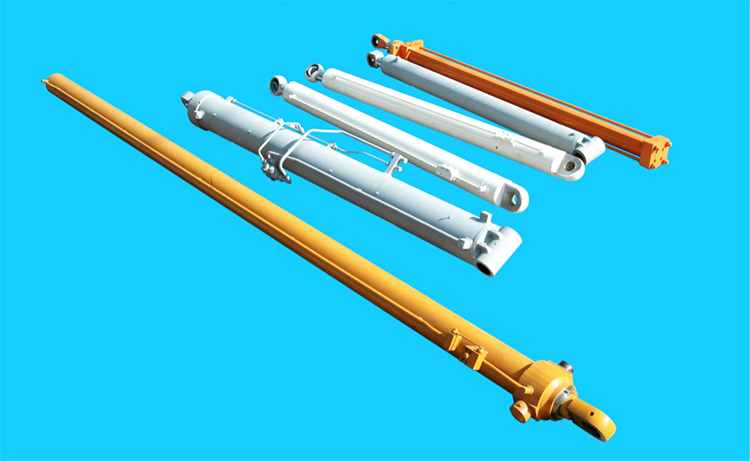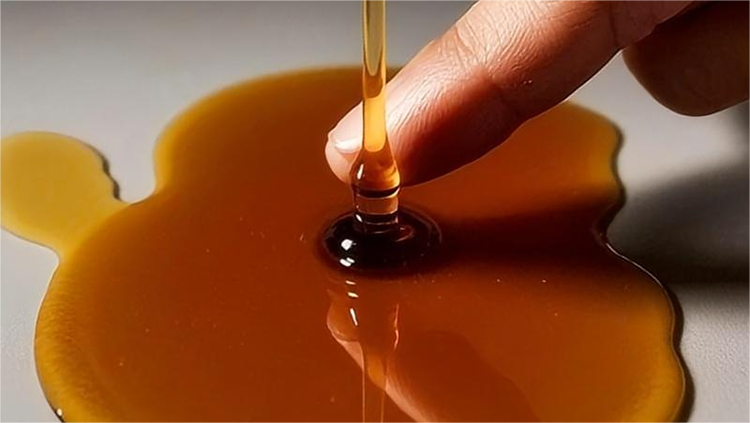- English
- Español
- Português
- русский
- Français
- 日本語
- Deutsch
- tiếng Việt
- Italiano
- Nederlands
- ภาษาไทย
- Polski
- 한국어
- Svenska
- magyar
- Malay
- বাংলা ভাষার
- Dansk
- Suomi
- हिन्दी
- Pilipino
- Türkçe
- Gaeilge
- العربية
- Indonesia
- Norsk
- تمل
- český
- ελληνικά
- український
- Javanese
- فارسی
- தமிழ்
- తెలుగు
- नेपाली
- Burmese
- български
- ລາວ
- Latine
- Қазақша
- Euskal
- Azərbaycan
- Slovenský jazyk
- Македонски
- Lietuvos
- Eesti Keel
- Română
- Slovenski
- मराठी
- Srpski језик
Eight Indicators Of Whether The Hydraulic System Is Good Or Not?
2025-07-28
Introduction
In modern industry, hydraulic systems are widely used in engineering machinery, metallurgy and mining, petrochemical, port machinery and ships, and general machinery. A hydraulic system with excellent performance can run stably for ten years, while a system with design or manufacturing defects may become a continuous source of failure and maintenance nightmare.
As the "muscle" of modern industry, the performance of the hydraulic system directly affects the life of the equipment and production efficiency. But what kind of hydraulic system can be considered high-quality? Many users often only focus on the price when purchasing, but ignore the key performance indicators.

alt. Hydraulic Cylinders For Various Machinery
Meet The Performance Requirements Of The Equipment
A high-quality hydraulic system should at least meet the action requirements, technical parameters and functions of the equipment. For example, if the equipment has multiple actuators, each actuator can move according to the specified requirements, and provide the required pressure and flow to complete the specified process action and functional requirements.
Sealing Performance Must Meet The Standard
Oil leakage is the most common fault of the hydraulic system, and the sealing performance directly determines the reliability of the system. A high-quality hydraulic system should be able to work continuously at the rated working pressure without leakage (including internal leakage or external leakage). During the factory test, the system can be pressurized to 1.25-1.5 times the rated pressure, and it is qualified to maintain no leakage for 10-30 minutes.
Oil Cleanliness Must Be Strictly Controlled
Oil contamination is the number one killer of hydraulic components. The oil tank should adopt a closed structure to avoid mixing water and dust to contaminate the oil. In addition, the system should be equipped with the required filters to meet the cleanliness requirements of the oil. Generally, the system should be equipped with at least an air filter, an oil suction filter and an oil return filter (20μ). The system using a servo valve or a proportional valve should also be equipped with a high-precision pipeline filter (5-10μ).

alt. High Quality Hydraulic Oil
Thermal Balance Ability Cannot Be Ignored
The hydraulic system generates a lot of heat when working, and overheating problems will cause oil oxidation and aging of seals. A high-quality system should ensure that the oil temperature is controlled below 60℃. When the ambient temperature is 40℃, the temperature rise does not exceed 30℃ after 4 hours of continuous operation. In this case, a forced cooling system should be configured to ensure that the oil temperature of the hydraulic system is in the ideal range of 30℃-50℃ when working, extending the life of the hydraulic system and components.
The Response Speed Should Be Fast And Stable
A slow-moving hydraulic system seriously affects production efficiency. The response time of the reversing valve of a high-quality system should be less than 50ms, and the pressure fluctuation should be controlled within ±5%. During the test, it can be observed whether the actuator starts and stops neatly under full load.
Noise Level Must Be Controlled
Excessive noise not only affects the working environment, but also indicates internal wear. The noise of a general industrial hydraulic system is less than 85 decibels, and the noise of a high-quality hydraulic system should be less than 75 decibels (measured at a distance of 1 meter). Systems using vane pumps or variable pumps, silencing, sound insulation and other measures can further reduce noise. It can also optimize the pipeline to reduce vibration or set an accumulator at the pump outlet to absorb pulsation to reduce noise.
Summary
A high-quality hydraulic system must excel in eight key areas: performance compliance, sealing reliability, oil cleanliness, thermal management, responsiveness, and noise control. Ignoring these factors for cost savings often leads to frequent failures and higher long-term expenses. Investing in a well-designed system ensures efficiency, durability, and smooth operation—ultimately saving time and money.
Choose wisely—reliability beats short-term savings every time.




